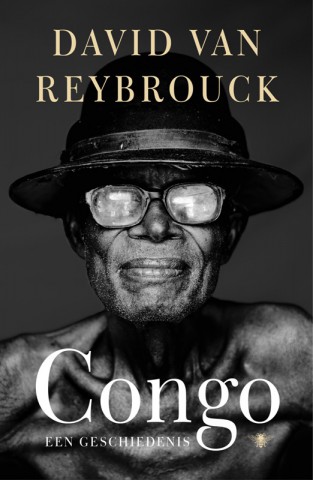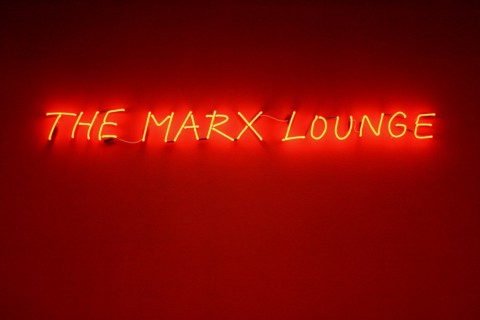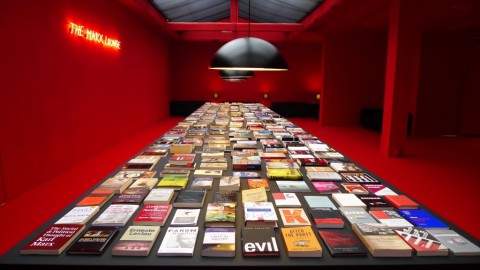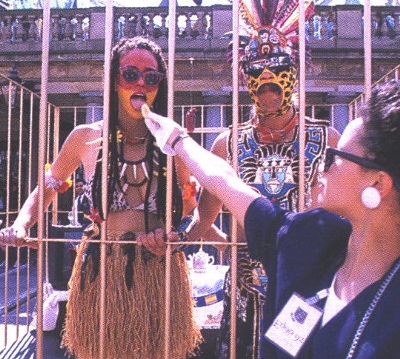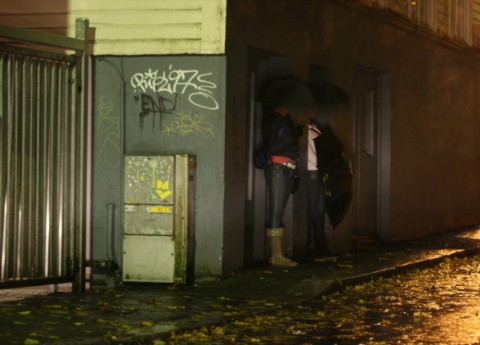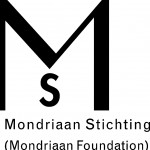Elizabeth Suzanne Kassab is the author of the fourth Project 1975 essay
‘The Arab quest for empowerment. A thought of one’s own, a government of one’s own, an art of one’s own.’ Her essay reflects on the role of the intellectual in the Arab world in the decades after decolonization in the context of the ‘Arab Spring’.
While the Arabic regimes were criticised by a marginal group of intellectuals in the seventies, Kassab for instance refers to the Syrian film director Omar Amiralay, they are currenly joined by large masses of ordinary men and women. They reformulate the grievances and claims that were formulated before by the critical thinkers. However, these current demonstrants are not motivated by the writings of these thinkers but instead by the suffering in their own lives and the overwhelmed exasperation. With this shift in the performance and expression of criticism how should we define the role of intellectuals and artists? Download Newsletter 122 here to read Elizabeth Kassab’s essay.
Kassab studied at American University of Beirut business administration and philosophy, and continued her graduate studies in philosophy at Fribourg University in Switzerland. Her overall interest has been in the philosophy of culture, both Western and non-Western, with a particular focus on post-colonial debates on cultural malaise, authenticity and critique. Her book Modern Arab Thought. Cultural Critique in Comparative Perspective was published in 2009 by Columbia University Press. She is currently a visiting research fellow at the Berlin Graduate School for Muslim Cultures and Societies and working on a new book on revolutions and Enlightenment in the Arab world.


